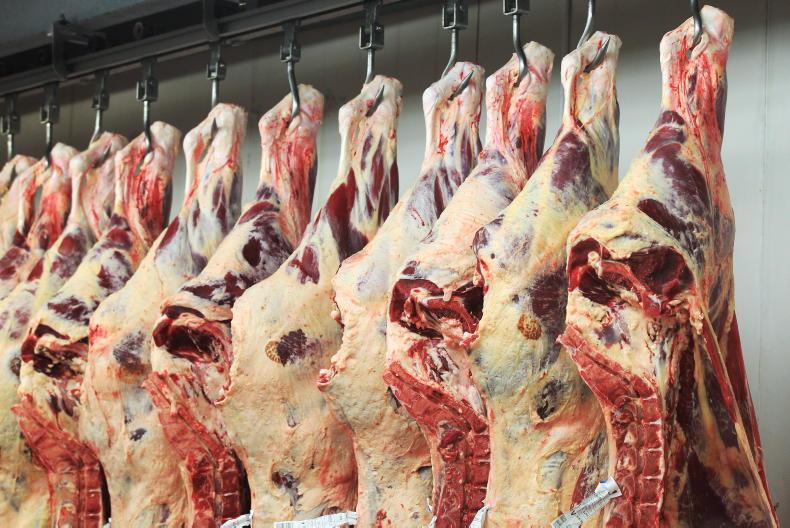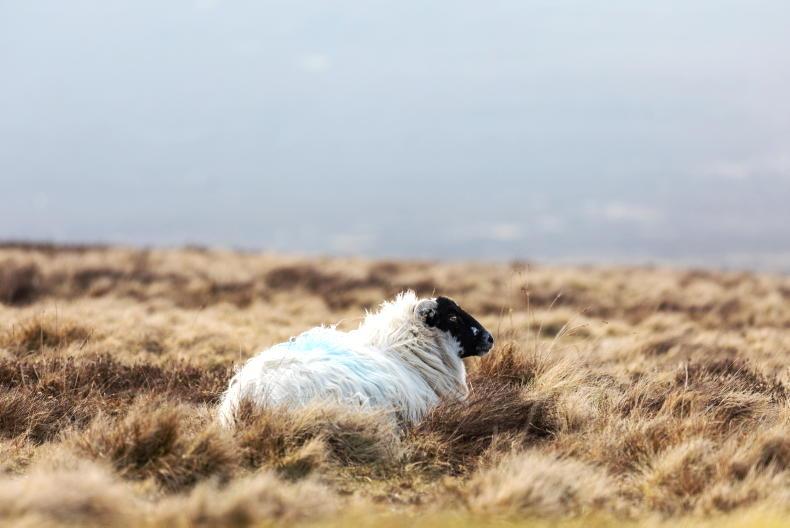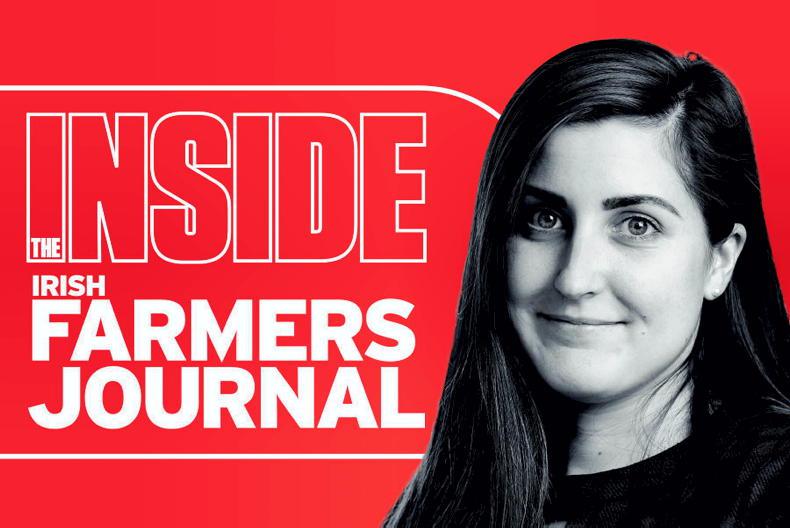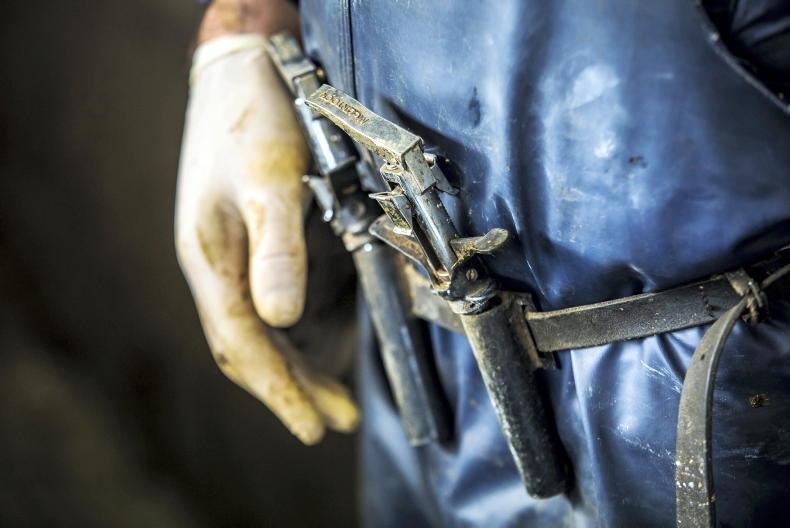A radical overhaul of the TB Eradication Programme by the Department of Agriculture could result in sweeping changes to the current regime if adopted.
The Department plan, which was tabled at the recent TB Forum, proposes additional testing, as well as changes to the rules on animal movements and disease compensation.
In a major tightening up of the rules around cattle movements, the Department proposed that the sale of cows from high-risk herds would be prohibited for three years after the herd has gone clear of TB.
Controversially, it also suggests that herds in which TB reoccurs would be banned from selling breeding stock on the open market until cohorts of the infected animals are culled.
In a clear signal that the Department wants to encourage additional culling of cohort animals, it also proposed that no compensation be paid in the case of relapse herds for the retention or purchase of high-risk animals.
The IFA and ICMSA are highly critical of the proposals, which they claim place all the restrictions and costs on livestock farmers, while only making passing reference to the issue of TB in wildlife.
The number of TB reactors has increased by 40% in the last 12 months to over 40,000 animals, with more than 6,000 herds restricted.








SHARING OPTIONS